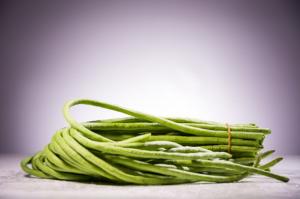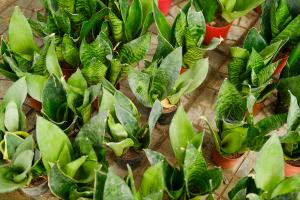Introduction
Moss is often considered an undesirable plant in gardens, but when it comes to indoor plants, it can actually be beneficial. Moss can help to regulate moisture levels in soil and provide an attractive ground cover. In this article, we will explore whether moss is good for indoor plants and the benefits it can provide.
Regulates Moisture Levels
One of the most significant benefits that moss provides for indoor plants is the regulation of moisture levels in soil. Moss acts like a sponge, absorbing excess water and releasing it as necessary. This means that moss can help to prevent overwatering and reduce the risk of root rot in your plants. Additionally, moss can help to keep soil moist in low humidity environments, which is especially important for tropical plants.
Natural Ground Cover
Another benefit of moss is its ability to provide a natural ground cover for plants. Moss can cover the surface of soil, providing an aesthetically pleasing appearance and preventing soil erosion. Moss can also help to retain moisture in soil and prevent weed growth. Installing moss in your indoor plants can help to create a natural-looking ecosystem that your plants will thrive in.
Nutrient Retention
Moss can also help indoor plants to retain nutrients. One of the primary functions of moss is to absorb nutrients from its surroundings. When used in conjunction with indoor plants, moss can absorb excess nutrients from the soil and release them as necessary, providing a constant source of food for your plants. Additionally, moss can absorb nutrients from the air, which is especially beneficial for epiphytic plants that require nutrients from the environment to thrive.
Natural Pest Control
Finally, moss can help to provide natural pest control for indoor plants. Moss contains a natural compound called sphagnum acid, which is toxic to certain insects, including fungus gnats and whiteflies. When installed in your indoor plants, moss can help to deter pests and keep your plants healthy and pest-free.
Conclusion
In conclusion, moss can be an excellent addition to indoor plants. It can regulate moisture levels in soil, provide a natural ground cover, retain nutrients, and act as natural pest control. When used in conjunction with indoor plants, moss can help to create a natural-looking ecosystem that your plants will thrive in. If you are looking for a way to improve your indoor plant’s health and appearance, consider adding moss to your collection.

 how many times do yo...
how many times do yo... how many planted tre...
how many planted tre... how many pine trees ...
how many pine trees ... how many pecan trees...
how many pecan trees... how many plants comp...
how many plants comp... how many plants can ...
how many plants can ... how many plants and ...
how many plants and ... how many pepper plan...
how many pepper plan...































